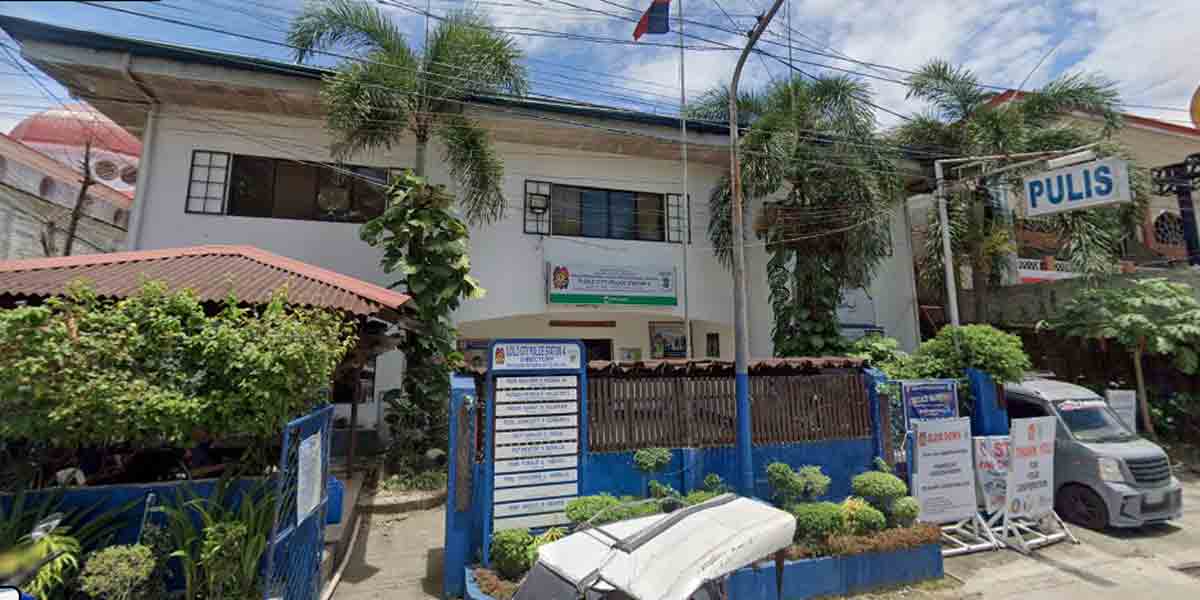
The awarding ceremony of the 69th Carlos Palanca Memorial Awards for Literature capped off a night celebrating Filipino literary excellence by inducting multi-awarded author Lamberto Antonio into the prestigious Palanca Hall of Fame.
Formed in 1995, the Palanca Hall of Fame is an elite roster of Palanca winners who have won the First Prize in any of the regular categories for at least five times. Some of its prominent members include National Artist for Literature Cirilo Bautista and celebrated filmmaker Rodolfo “Jun” Lana.
Antonio gained entry into the coveted Hall of Fame this year by winning the First Prize in the Tula category for his collection titled “Turno Kung Nokturno at Iba pang Tiyempo ng Rilyebo sa Pagberso.” His other first prize-winning works in the same category include “Sangkipil na Uhay” in 1976, “Sa Bibig ng Balon at Iba pang Tula” in 1977, and “Lilok ng Lilo” in 1999. He also won First Prize in the Sanaysay category for his piece “Bakasin Mo sa Bakasyon” in 1999. Antonio has bagged 11 Palanca Awards in total, making him one of the most successful writers in the history of the Awards.

“I wasn’t really expecting to win and be inducted in the Hall of Fame. To be honest, I find it difficult to submit an entry because there are three judges and being a former judge myself, I know that each of them has their own unique style and preference. So this year, I sent a collection of 15 poems which I hope would appeal to their different tastes,” Antonio said.
“Being in the Hall of Fame is one of the biggest achievements of my writing career. There are only a few private award-giving bodies for literature here in the country and the Palanca Awards tops them all,” he added.
Antonio’s works have been lauded for highlighting the struggles of the Filipino poor, particularly the plight of farmers and peasant workers. Due to this, he has been described as the most persuasive voice in contemporary Tagalog poetry.
His winning work, “Turno Kung Nokturno at Iba pang Tiyempo ng Rilyebo sa Pagberso,” which was read and performed by fellow Palanca winner Vim Nadera in the awards ceremony, contains commentary on various political and societal issues present today. He likens it to Nobel laureate Gabriel García Márquez’s first novel “In Evil Hour,” a story about a village with inhabitants plagued by paranoia brought by a malevolent presence that posts slanderous lampoons or notes on house walls. Antonio’s collection also tackles the economic situation of OFWs through a love poem.
In addition to becoming part of the Palanca Hall of Fame, Antonio’s other notable accolades throughout his career include the Pambansang Alagad ni Balagtas, Gawad Manuel L. Quezon, the National Book Award for Poetry, and the Makata ng Taon by the Surian ng Wikang Pambansa. Alongside Mario O’Hara, he co-wrote the screenplay for the film Insiang, the first Philippine film to be shown at the Cannes Film Festival in 1978. Directed by National Artist for Film Lino Brocka and starring Hilda Koronel, the film also tackles urban poverty set in the slums of Tondo, Manila.
“Writing about these issues is just natural to me because I grew up in a barrio where I encountered oppressed peasants. My work is my own reinterpretation and outlook of my childhood,” said the 73-year old Antonio, who spent his formative years in Cabiao, Nueva Ecija. “My experience really adds authenticity when writing about the issues they face.”
When asked for advice to aspiring successful authors, Antonio says that they should master two areas: language and research. “Language is a writer’s weapon and it should be constantly refined but, unfortunately, I still see a lot of authors commit mistakes. It doesn’t matter if you write a lot, but it won’t matter in the end if it has grammatical errors. Lastly, while it is important to read, writers should also research about what they’re reading. They should know the reason behind what they’re reading about, as this makes it easier to interpret ideas. To write, you must invent and recreate, and in order to do that properly, you must back it up with research.”
Named after businessman and philanthropist Don Carlos Palanca Sr., the Palanca Awards continuously seeks to cultivate Philippine Literature by providing incentives for writers and serving as a treasury of these literary gems. It is considered the gold standard in writing excellence, highly-coveted by Filipino writers, young and old alike. For complete list of winners, visit www.palancaawards.com.ph.



















